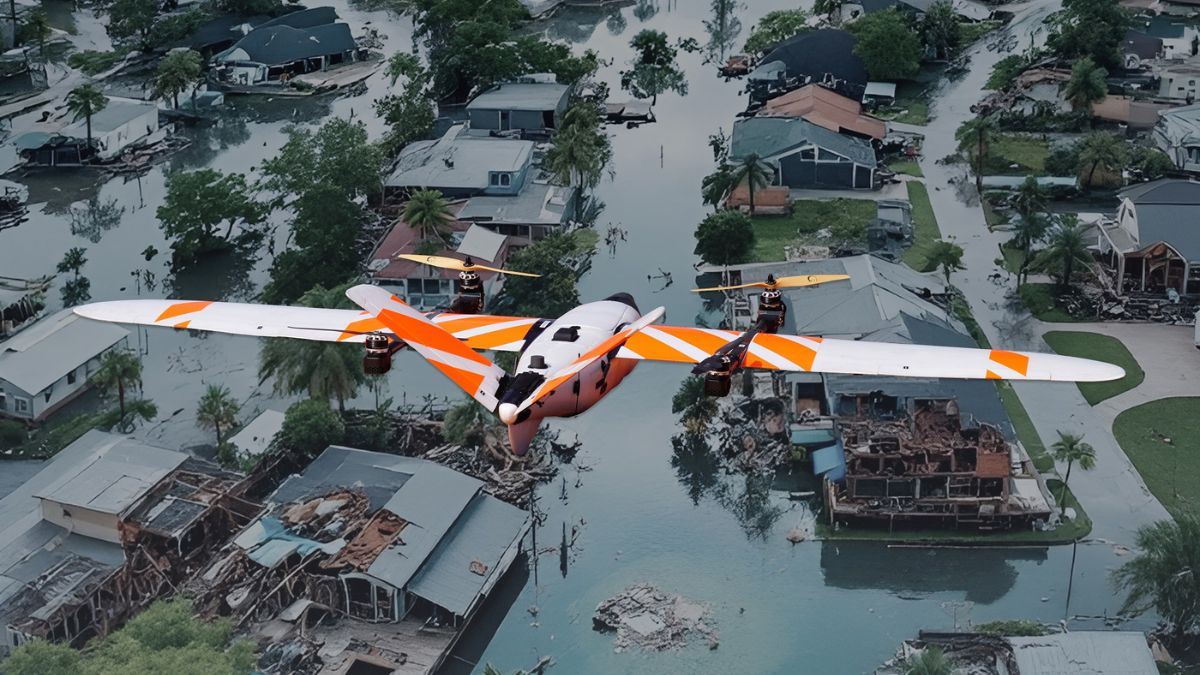Dehradun civil aviation dialogue: UDAN scheme, drone ecosystem, and Project Sanjeevani take the spotlight

Aviation industry leaders and government officials gathered in Dehradun on Friday for a dialogue on civil aviation opportunities available to states across Northern India. The dialogue was chaired by Union Civil Aviation Minister Kinjarapu Rammohan Naidu.
Joint Secretary Asangba Chuba from the Union Civil Aviation Ministry highlighted the transformative impact of the UDAN (Ude Desh ka Aam Nagrik) scheme.
He explained how the initiative had successfully established 625 Regional Connectivity Scheme routes nationwide, benefiting over 1.53 crore passengers while strengthening air connectivity across various states.
A modified UDAN scheme aims at serving four crore passengers over the next decade while connecting 120 destinations, demonstrating the government's commitment to democratising air travel and exploring new operational possibilities.
Infrastructure growth in the sector needs to be matched by skilled workforce development, as India is poised to become the world’s third-largest aviation market by 2030.
The ministry projected that the country's airports would expand from 162 to potentially 400 by 2047, requiring approximately 45,000 aviation maintenance technicians by 2040, according to Airbus estimates. This brings up an urgent need for states to establish comprehensive training institutes covering pilots, technicians, ground staff, and air traffic control personnel.
Smit Shah, the President of the Drone Federation of India, highlighted India's rapidly evolving drone ecosystem, which has over 33,000 registered drones, 24,000 certified pilots, 120 drone model type certifications, and 178 approved training schools across the nation.
He urged state representatives to embrace drone technology by creating specialised launch pads and fostering startup ecosystems, arguing that states must develop comprehensive drone policies and promote entrepreneurship in this emerging sector.
A spotlight was also beamed on Project Sanjeevani, the Helicopter Emergency Medical Service (HEMS) initiative.
Collaborating with AIIMS Rishikesh and the Uttarakhand State Government, this project exemplified how aviation serves critical social needs in providing medical services to remote areas. Over 65 successful relief and rescue operations have so far been completed in the state.
Concluding the session, Pavan Hans Limited General Manager P.K. Markan focused on helicopter infrastructure development, specifically advocating for permanent helipad construction across states.
His argument centered on versatility, explaining how permanent helipads support diverse operations from emergency medical services to disaster relief, civil operations, and military applications, ultimately enhancing each state’s operational capabilities and increasing possibilities for helicopter operations.
Business